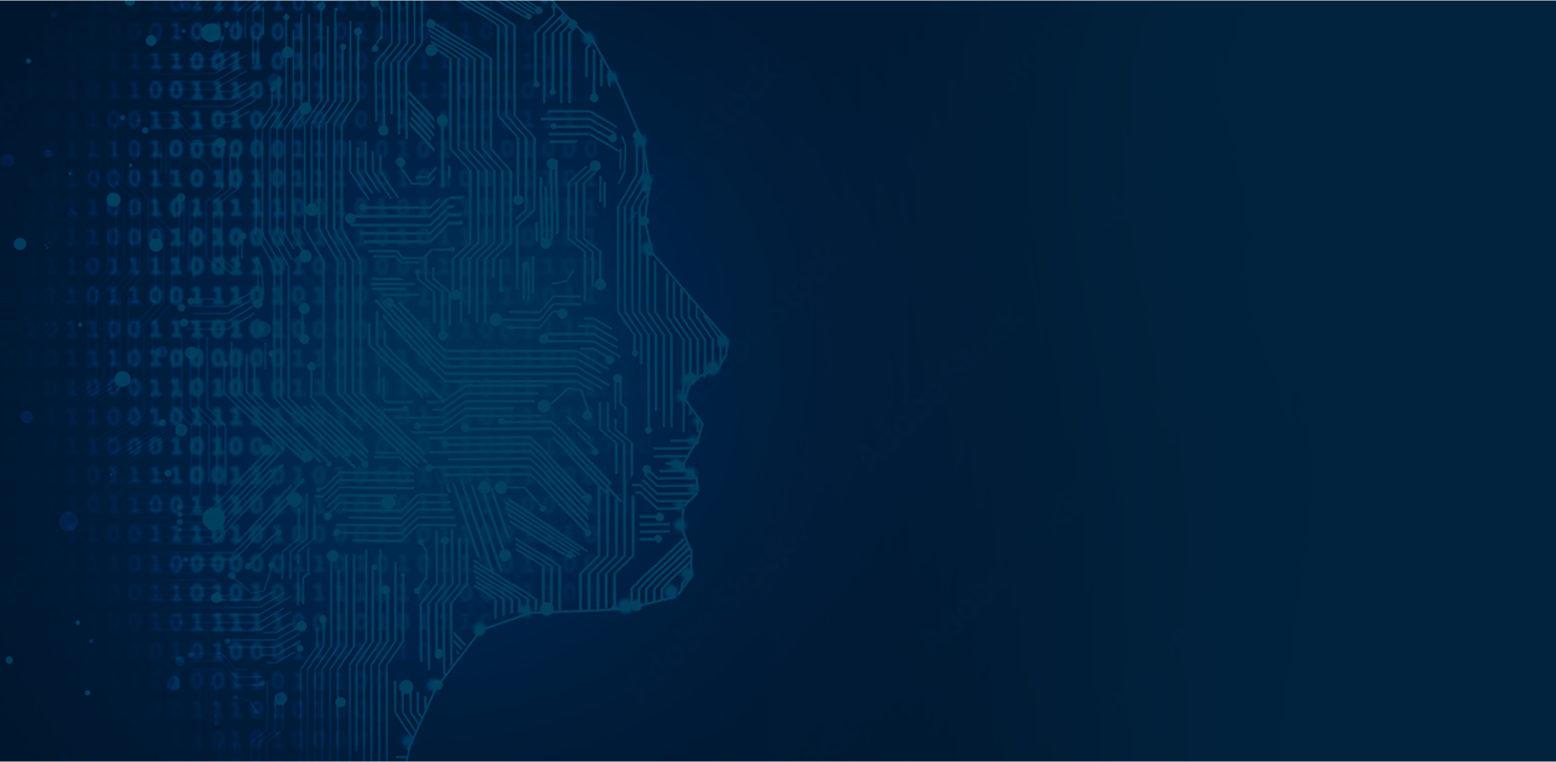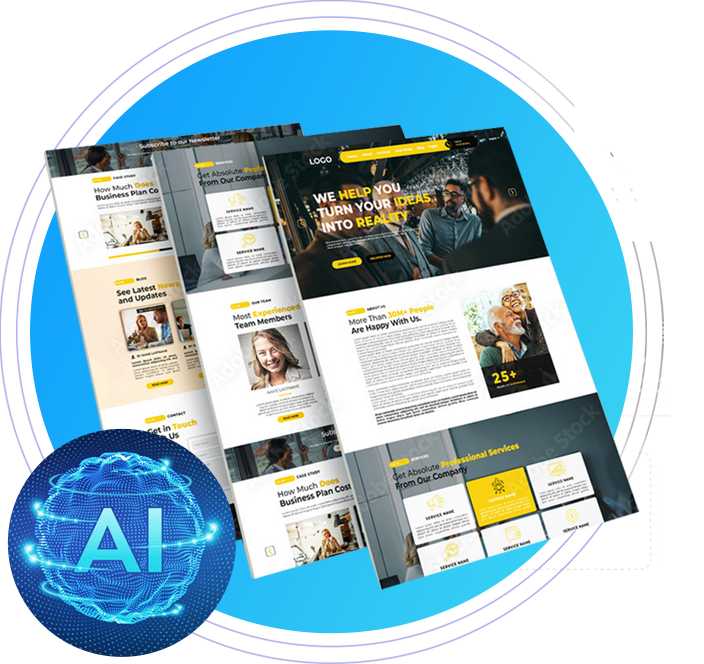The Journey Of Artificial Intelligence
From Fiction to Web Design
From the whimsical imaginations of ancient myth-makers to the algorithms that now drive vast sections of the global economy, the idea of creating non-human intelligence has long captivated the human mind. The term 'Artificial Intelligence' (AI) itself might seem like a modern invention, but the seeds for its conception stretch back centuries, and the last few decades have seen an explosive evolution in its capabilities.
The idea of machines mimicking human behavior isn't new. Greek myths told tales of mechanical men designed by the god Hephaestus. But, it wasn't until the 20th century that the concept of AI became tangible. Alan Turing, a British mathematician, is often credited as the father of theoretical computer science and AI. In 1950, he posed a question, 'Can machines think?', introducing the Turing Test as a measure of machine intelligence. If a machine could carry on a conversation indistinguishable from a human, it passed the test.

What Our Site Owners Says
Please read testimonials from happy SitesGPT customers!




